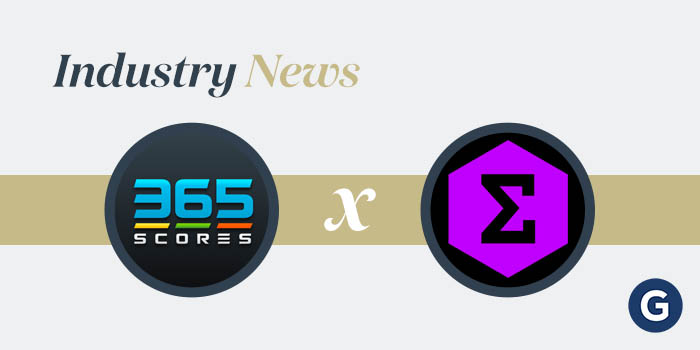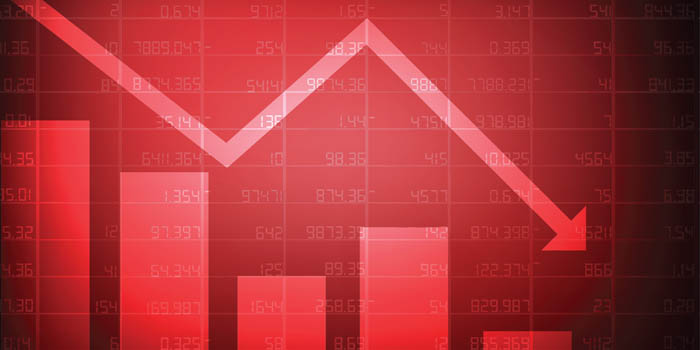Betting Companies in the US: Between a Rock and a Hard Place

The future of the sports betting industry in the US is taking an interesting turn of events. After having several of their attempts to claim their fair share of the spoils hit the wall, sports leagues now seem to have found a real breakthrough with their latest idea to sell the data they collect during games to the betting operators.
Trend setting
Six of the largest betting companies that operate on the market have already struck deals with the professional leagues to use official league data under terms directly negotiated with them for an undisclosed fee. This development raises some extra challenges in terms of the bottom line for the bookmakers in an industry defined by really thin profit margins and extreme competition.
Data selling as profit-maximizing tool
The leagues claim that their investment into technology that keeps track of in-game developments and collect real-time data does not come cheap and in fact it creates new betting products for the betting operators.
Of course they will – they are looking for any way possible to switch their extra costs to outside parties and even extract more money and the bookmakers seem to be the perfect candidates for that. And willing ones as it seems, as some of the betting companies seek differentiation within a tightly populated highly-competitive market.
.@WayneParryAC affirms our consistent efforts since PASPA was invalidated to promote “contract over statute.” Data-sharing is a central component to many of the nearly 70 commercial partnerships forged between sports and gaming in these 20 months. https://t.co/APDP09aPqD
— Bill Miller (@BillMillerAGA) January 9, 2020
But what requires these extra investments by the leagues into statistical data in the first place? Teams can invest into collecting personal and team data with the purpose of evaluating and improving personal and team performance, but why the leagues?
Are they trying to sell the same product once to the TV companies branded as an entertainment product, and then to the bookmakers rebranded as a betting product? Nobody asks these questions. And probably no one will, especially when there are candidates willing to pay.
Is there a real need for official data? Industry oversight?
There is no legal obligation for bookmakers to use official data from the leagues and most of them get it from a variety of sources, including data aggregation from a third party, also known as data-scraping.
Most of the betting operators strongly oppose the idea to pay for official leagues’ data as it will significantly impinge on their profit margins. Some of the operators even claim that adding the League Logo next to the data feed means nothing and dig their heels whenever they hear about the idea of oversight being introduced into the industry.
And so far there are only two states that require the use of official league data as part of legalizing betting – Tennessee and Illinois – but others will definitely follow.
The biggest increase in market share, however, is for in-game betting and the old ways of collecting data prove to be inapplicable in terms of speed of gathering the data compared to the pace of the game.
In other words, if a betting operator wants to introduce new markets and expand on its turnover, it has to comply with the trend set forth by the first six bookmakers who already budged under the pressure – though, at the expense of the end-user, due to less favorable odds to offset the extra cost of the data deals.
Mike made his mark on the industry at a young age as a consultant to companies that would grow to become regulators. Now he dedicates his weekdays to his new project a the lead editor of GamblingNews.com, aiming to educate the masses on the latest developments in the gambling circuit.














